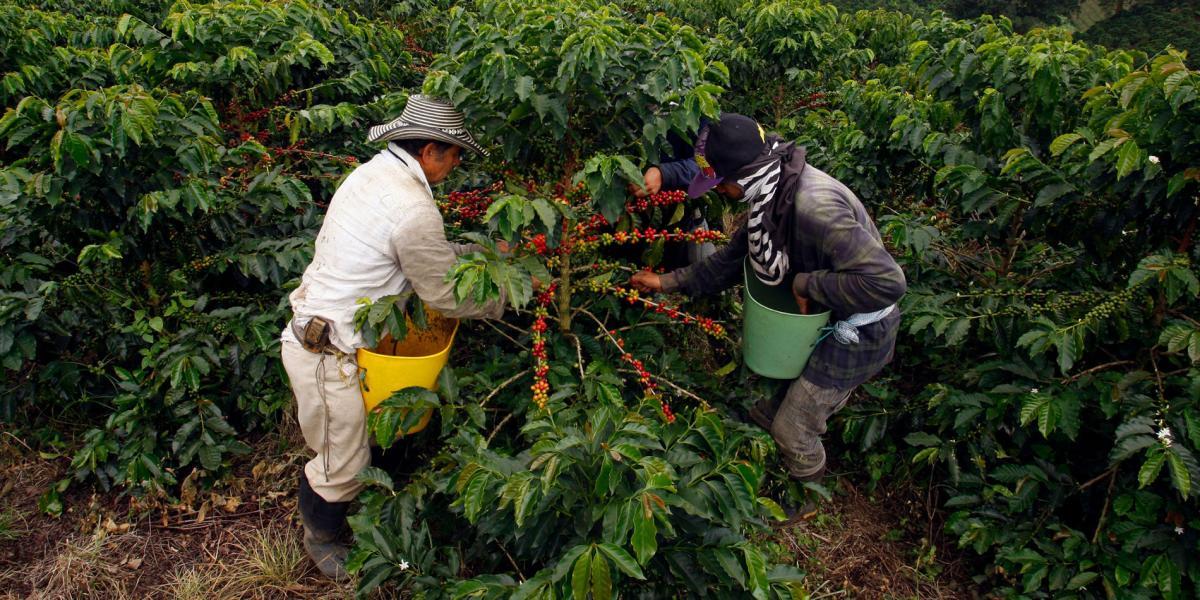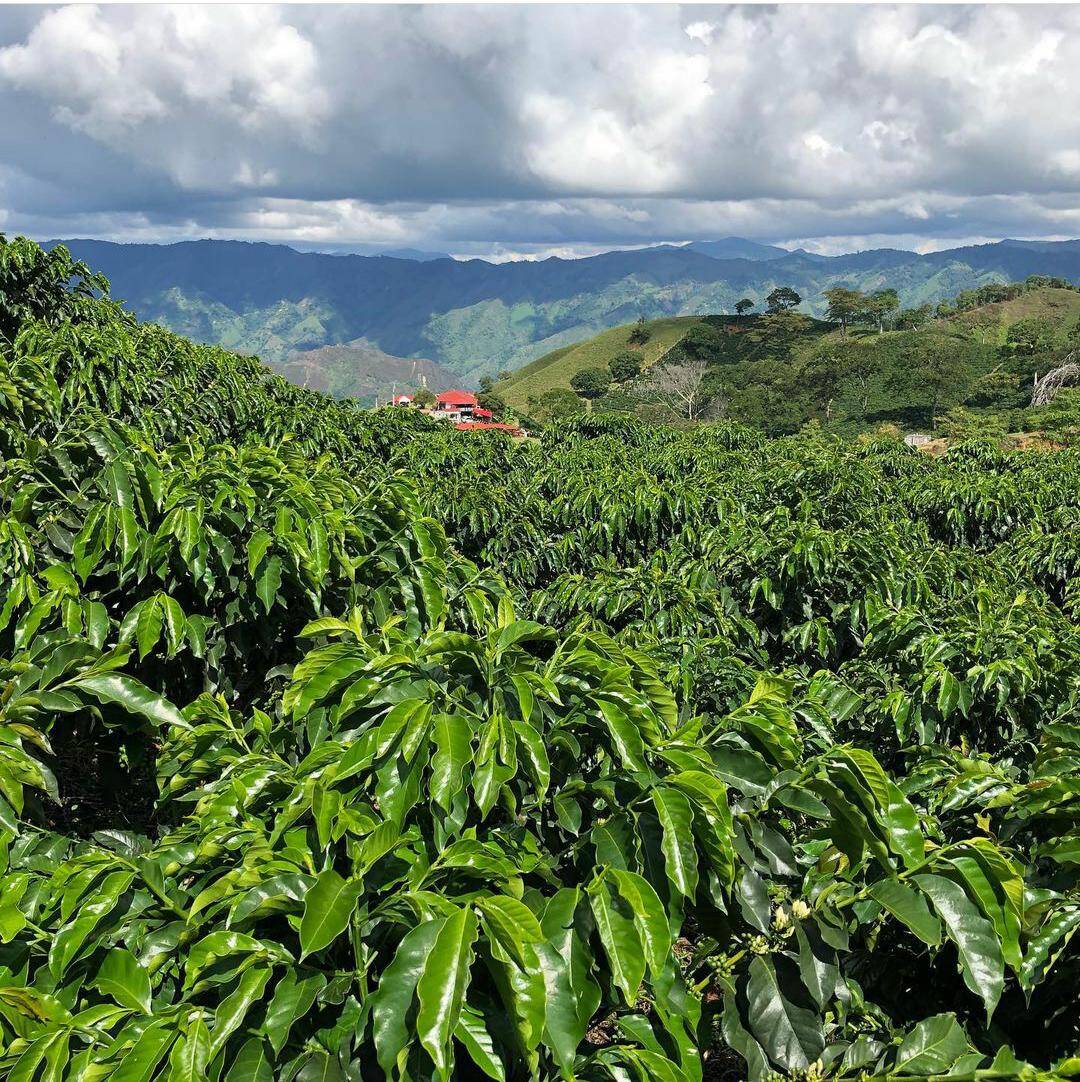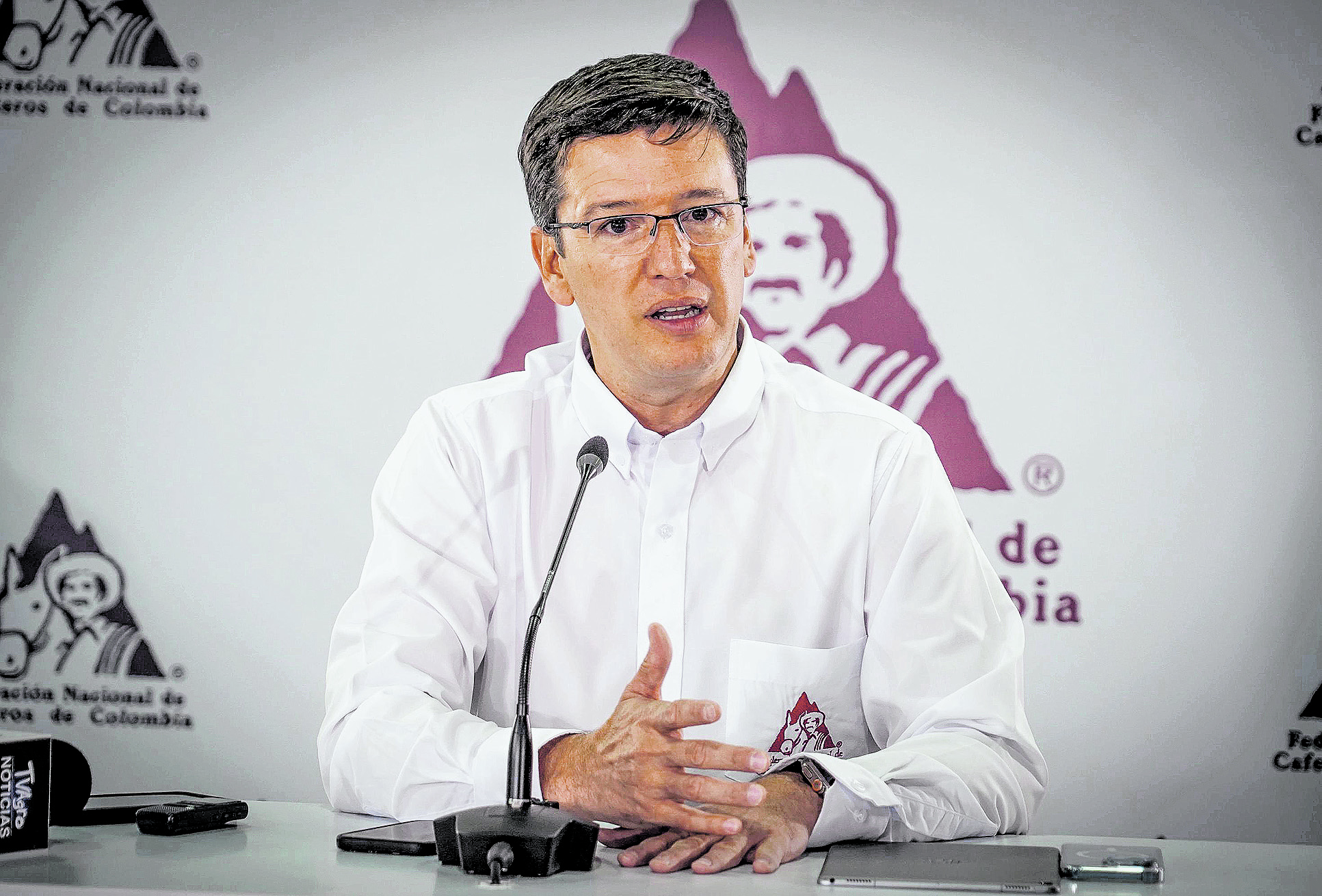After several record highs, is there room for coffee to rise further?

The price of a pound of Colombian coffee on the international market has been reaching record highs since last year due to the weak coffee harvest in Brazil, the world's largest producer, and global tensions, among other factors.

GDP growth data has shown an upturn since the second quarter of the year. Photo: Jaiver Nieto. EL TIEMPO
The three highest domestic prices in history to date were recorded in February of this year: on the 10th, they reached 3,360,000 pesos, on the 12th, 3,362,000 pesos, and on the 13th, 3,380,000 pesos.
Currently, according to the National Federation of Coffee Growers (FNC), the value received by the approximately 550,000 coffee-growing families for a 125-kilogram load is 3,050,000 pesos, and its price on the New York Stock Exchange closed yesterday at $3.72.
The domestic price of coffee is the result of three variables: the price on the New York Stock Exchange, the exchange rate, and the differential paid for Colombian coffee quality.
Additionally, coffee is one of the main drivers of the agricultural sector. In the last 12 months, production reached 14.9 million bags, representing a 29 percent increase.
However, in April, 703,000 60-kg bags were recorded, representing a 5 percent drop compared to the same period last year. According to Germán Bahamón, manager of the coffee growers' association, this situation is due to the recent rainfall, in which excess rainfall has exceeded 90 percent of the historical average in coffee fields.
"This climate change has hampered the ripening of the fruit corresponding to the first-half harvest. Furthermore, it has impeded the vegetative processes necessary to induce adequate flowering for the second-half harvest, a situation that will become evident between October and December 2025," he explained.

Coffee landscape in San Miguel de Planadas. Photo: Camilo Jiménez / Supplied by Astrid Medina / EL NUEVO DÍA.
A World Bank report on raw materials may provide an idea of what the future holds for the prices received by Colombian coffee growers, and when and how much those prices might begin to drop.
According to the international organization, the grain price increase this year would be a little more than 50 percent compared to prices obtained in 2024.
“Arabica prices are projected to rise more than 50 percent year-on-year in 2025 before declining 15 percent in 2026, in response to anticipated higher production from Colombia, the world's second-largest Arabica producer,” he said.
That means that if the average price in 2024 was 255 cents per pound, the multilateral institution is targeting this year's average price to end above 387 cents per pound.
However, in the first four months of the year, the average international price has been 387 cents per pound. Therefore, for the remainder of the year, and according to these projections, prices are not expected to reach new record levels.
On the contrary, they would fall from the current levels—an average of 410 cents so far in May—to hover around 380 cents.
Regarding global production, which reached approximately 170 million bags in 2023-24, the agency expects it to continue to increase to 173 million bags in 2024-25, although it will remain below 2020-21 levels.

Germán Bahamón, president of the National Federation of Coffee Growers. Photo: MAURICIO MORENO
Coffee growers are concerned about trade tensions between Colombia and the United States, the main destination for their exports, accounting for 39.4 percent of the total and more than 1.29 trillion pesos in sales through November 2024.
In a letter, the members of the Federation's Steering Committee expressed their concern to the government about the potential impact on their exports.
"An incident in trade relations between the two countries could have serious consequences for thousands of coffee-growing families, as this is our main destination. For this reason, we call for prudence in preserving this market, which represents significant revenue," reads the letter addressed to the ministers of Finance, Agriculture, and Commerce.
According to the letter, the international political situation, driven by trade tensions between major economies, is generating uncertainty in the markets, a situation from which coffee is not exempt.
“Opening markets takes time (...) Substituting export destinations is not something that can be created in the short or medium term,” it reads.
A few days ago, the manager of the Bahamón Federation also called on the government to preserve and strengthen commercial diplomacy with the United States and all strategic markets.
"For 98 years, the coffee industry has worked to diversify its export destinations; however, the United States has been, is, and will be the most important market," he emphasized.
eltiempo





